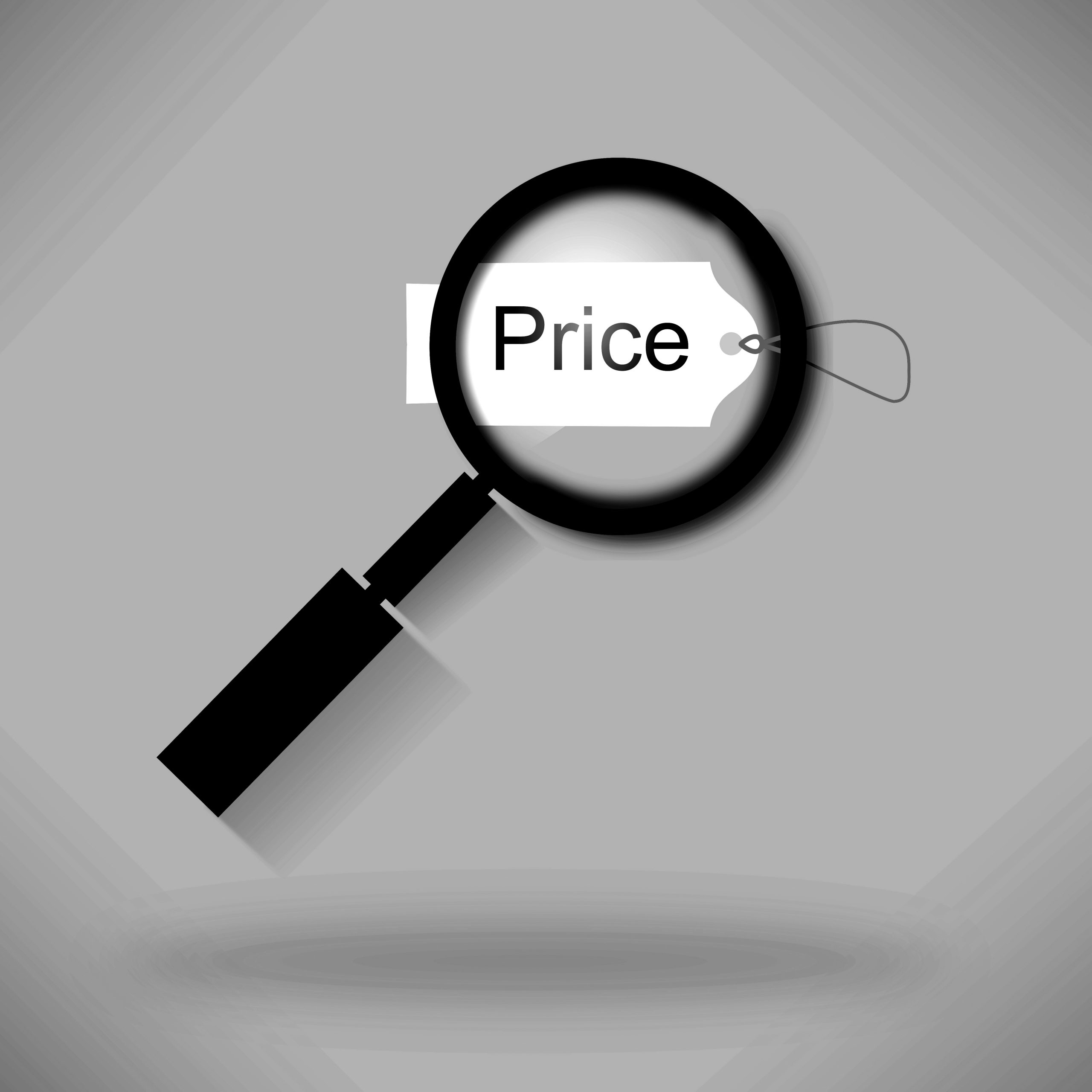Businesses facing increased costs as a result of the historic COVID-19 pandemic have resorted to a number of seemingly justified solutions to ensure they can keep their doors open. Some, including restaurants, delivery service providers, and even some doctors’ offices, have added “COVID surcharges” to their bills in an effort to cover new or increased costs, or to recoup losses incurred as a result of restrictions or shutdowns. If these surcharges are tied to the pandemic and directly related to increased costs – either cleaning, sanitation, outfitting workers or patrons with personal protective equipment, or increased base costs as a result of the pandemic – the charges should not raise any legal concern. However, businesses should be aware that surcharges have, in the past, been used as pretext for anticompetitive behavior, and businesses imposing a COVID surcharge need to know how to avoid crossing that dangerous line.
First, surcharges may violate an individual state’s price gouging laws. Approximately 36 states have price-gouging laws, and there is additional legislation pending in several other states in reaction to COVID-19. Once triggered, typically by a state of emergency declaration, state laws prohibit price increases for certain essential products. State price-gouging laws vary dramatically in terms of their threshold for what constitutes gouging. Some states have a specific price increase cap, such as New Jersey’s 10% cap, while many other states prohibit excessive or unjustified increases more generally. Still other states contain specific excessive pricing formulas. State price-gouging laws are often opaque and subject to selective enforcement. Unfortunately, given their wide-ranging differences, there is no “safe harbor” acceptable price increase for avoiding all state pricing-gouging laws, particularly where products are sold nationally or are shipped across state lines. If a surcharge is exorbitant, or applied to an essential product, a state’s price gouging law may be implicated.
Second, if horizontal competitors agree to impose a COVID surcharge it can constitute price fixing in violation of federal or state antitrust laws and can carry criminal penalties or lead to costly private civil treble-damage class actions. To avoid price-fixing, businesses should make independent decisions on whether to impose or cease any surcharges and the amount of any surcharge. Companies in the railroad industry are currently fending off multiple protracted, and costly, antitrust suits accusing them of participating in a price-fixing conspiracy whereby they allegedly charged uniform fuel surcharges to their customers that it was contended bore no relationship to their actual fuel costs. In 2019, the U.S. Court of Appeals for the D.C. Circuit denied class certification for certain rail-freight customers, despite stating that there was “strong evidence of a conspiracy.” Subsequently, over 90 separate litigations were filed against the railroad companies, including by major energy companies; materials companies, food and beverage companies, waste management and recycling companies and automakers. The major airline companies also ran afoul of the federal antitrust laws for agreeing on fees such as fuel surcharges and post-9/11 security surcharges. As a result of the U.S. Department of Justice Antitrust Division’s six-year investigation, the DOJ criminally prosecuted 19 individuals and obtained more than $1.7 billion in criminal fines from more than 20 companies. The airlines also faced related class action suits stemming from the surcharges.
While these examples took place on a grander scale than local restaurants and delivery services adding small sums to their customers’ bills in order to defray certain increased costs, coordination among competitors, regardless of the scale, could violate the federal and state antitrust laws. Businesses of all sizes and their corporate counsel should be aware that COVID surcharges, while seemingly justified in these trying pandemic times, can raise serious competition concerns and need to be carefully navigated. Stay tuned.
The full article in its original form can be found here.
Carl W. Hittinger is a partner BakerHostetler (Philadelphia and Washington, D.C. offices). He serves as BakerHostetler’s Antitrust and Competition Practice National Team Leader. His practice focuses on complex commercial and civil rights litigation, with an emphasis on antitrust and unfair competition matters.
Ann M. O’Brien is a partner BakerHostetler (Washington, D.C. and Philadelphia offices). She focuses her practice on advising and counseling businesses and individuals facing civil antitrust, criminal cartel, or complex white collar investigations or litigation.
